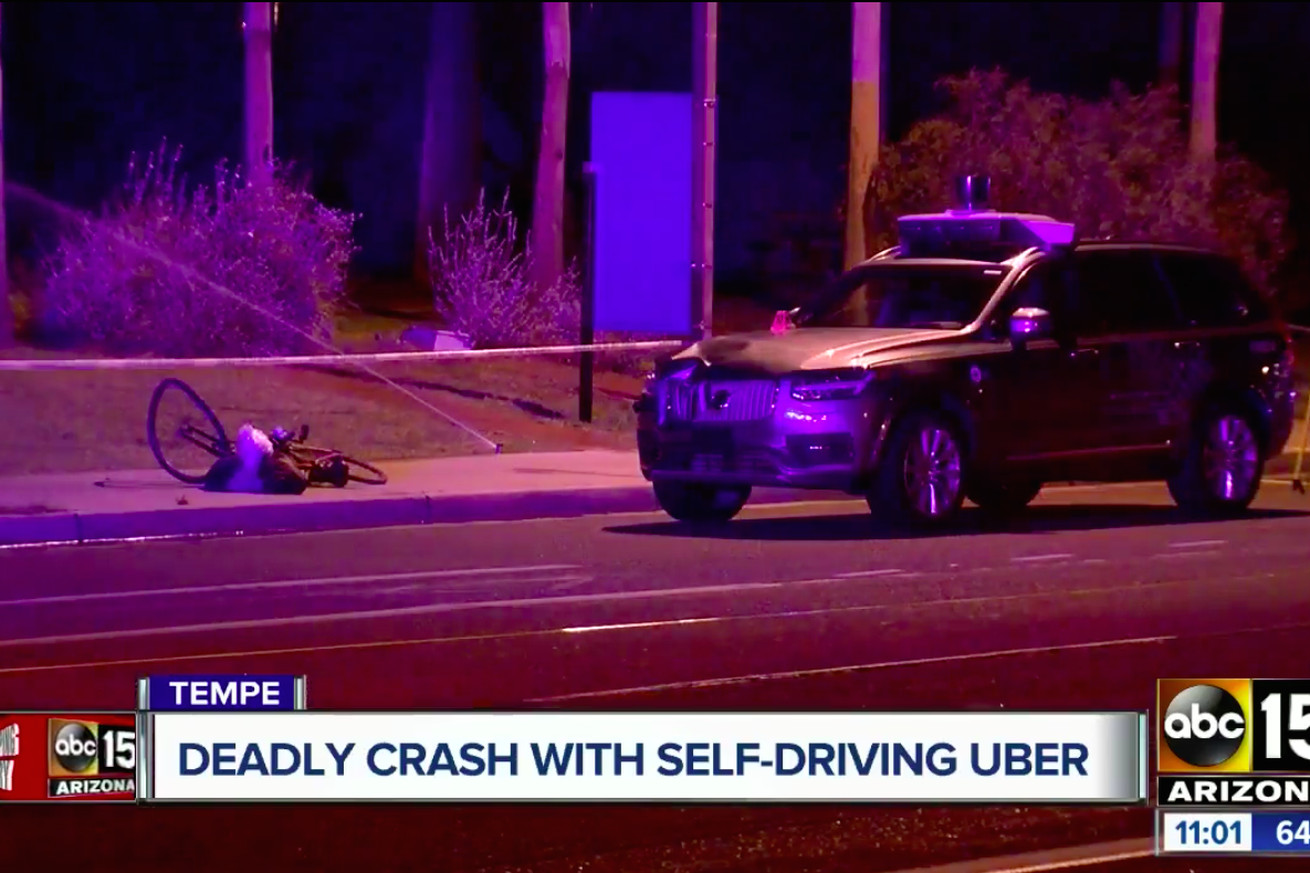
Uber driver in first-ever deadly self-driving crash pleads guilty
The backup driver in the self-driving Uber vehicle that killed a 49-year-old woman in Tempe, Arizona, in 2018 pled guilty to one count of endangerment and was sentenced to three years’ probation on Friday.
Rafaela Vasquez worked as a safety driver for Uber’s autonomous vehicle test program in Arizona. She was behind the steering wheel when her vehicle ran over Elaine Herzberg, who was pushing a bicycle across the street. The crash, which happened on March 18th, 2018, is believed to be the first fatal collision involving a self-driving car.
Prosecutors described Vasquez as “the eyes and ears” of the vehicle, which was operating in autonomous mode at the time of the collision, according to the Arizona Republic. Police alleged that she was streaming the TV show “The Voice” on her phone at the time, but Vasquez claimed she was monitoring the vehicle’s systems and had glanced away from the road at a crucial moment.
Investigators have said the car saw Herzberg but did not automatically stop and that Vasquez did not brake until it was too late. The car detected that Herzberg was crossing the street with her bicycle 5.6 seconds before impact, but even though the system continued to track Herzberg right up until the crash, it never correctly identified her as a human being on the road, nor did it accurately predict her path. The case has raised important questions about how to safely test the new technology and who should be held responsible when something goes wrong.
In 2019, an Arizona prosecutor’s office ruled that Uber would not face criminal charges over the crash. However, a review by the National Transportation Safety Board later that year highlighted a number of safety issues at the company. It said that it had “inadequate safety risk assessment procedures,” “ineffective” monitoring of backup drivers, and a failure to address the “automation complacency” of its safety drivers, who needed to be able to step in at any moment to address problems. Uber settled a lawsuit with Herzberg’s family for an undisclosed sum.
In addition, the vehicle’s factory setting for automatic emergency braking had been turned off by Uber to avoid conflicting with the automated driving software. Uber temporarily halted its self-driving tests immediately following the crash. Later, the company offloaded its AV program to another company and is now working with Alphabet’s Waymo to offer trips in autonomous vehicles in Phoenix.

